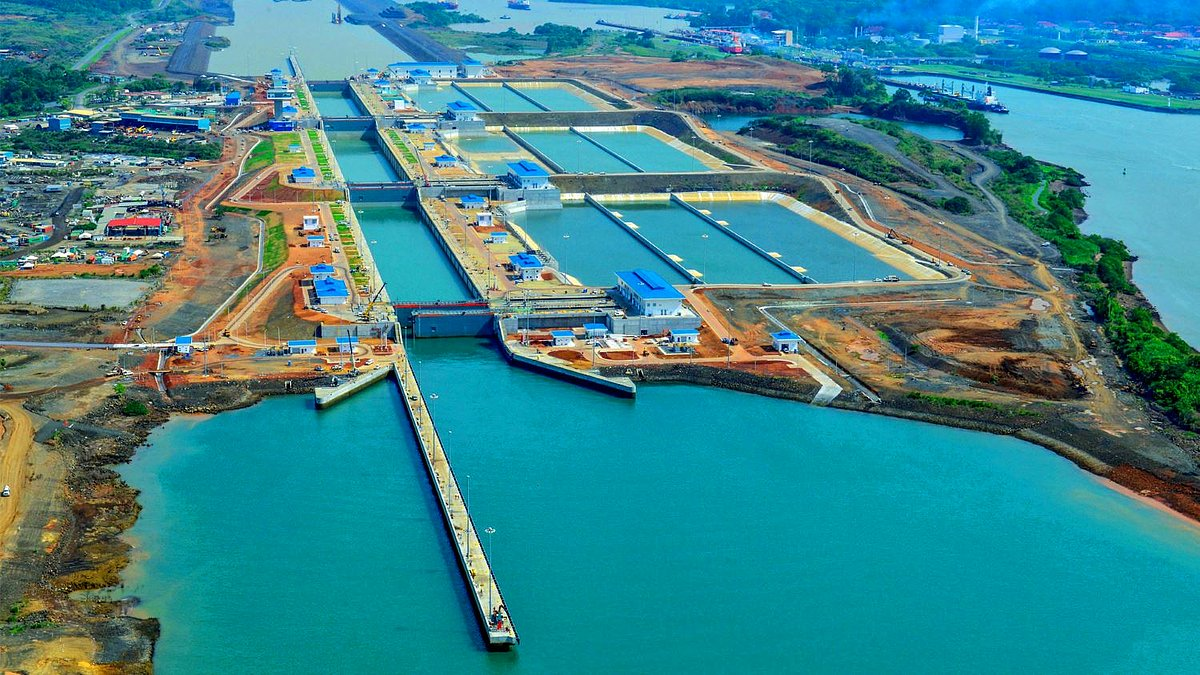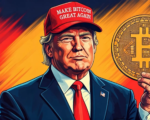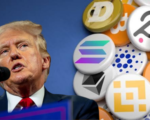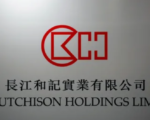President-elect Donald Trump took to Truth Social on Saturday, accusing Panama of charging “ridiculous” fees for the use of the Panama Canal. He warned that if the canal was not managed to U.S. satisfaction, he might demand that Panama hand over control of the waterway to the United States.
In his post, Trump raised concerns about potential Chinese influence over the canal, stating it must not fall into “the wrong hands.” His remarks underscore what many expect to be a more aggressive stance in U.S. diplomacy during his presidency. Trump’s rhetoric has frequently involved strong-arm tactics with allies and bold declarations on international matters.
History of U.S.-Panama Canal Relations
The Panama Canal, a critical waterway for global trade, was constructed largely under U.S. oversight in the early 20th century. For decades, the U.S. managed the canal and the surrounding territory. However, the canal was fully transferred to Panamanian control in 1999 following a 1977 treaty signed by President Jimmy Carter that gradually shifted its administration to Panama.
Trump’s Justification for Reclaiming the Canal
Trump’s post framed the canal’s handover as an act of U.S. “generosity” toward Panama, asserting that this magnanimous gesture was based on principles of cooperation. He accused Panama of breaching these principles through its current fee structure.
“The fees being charged by Panama are ridiculous, especially knowing the extraordinary generosity that has been bestowed to Panama by the U.S.,” Trump wrote. “If the principles, both moral and legal, of this magnanimous gesture are not followed, then we will demand that the Panama Canal be returned to us, in full, and without question.”
Diplomatic Fallout and Concerns Over Chinese Influence
Trump’s comments also hinted at fears of Chinese involvement in the management of the canal, a strategic passage connecting the Atlantic and Pacific Oceans. While Trump did not provide specific evidence, his statement reflects broader U.S. concerns about growing Chinese influence in Latin America.
The Panamanian embassy in Washington has not yet responded to Trump’s comments.
Implications for U.S.-Panama Relations
Trump’s remarks mark a rare instance of a U.S. leader suggesting the possibility of demanding territorial control from a sovereign ally. The comments may strain U.S.-Panama relations and raise questions about how Trump’s administration will approach long-standing diplomatic agreements.
















